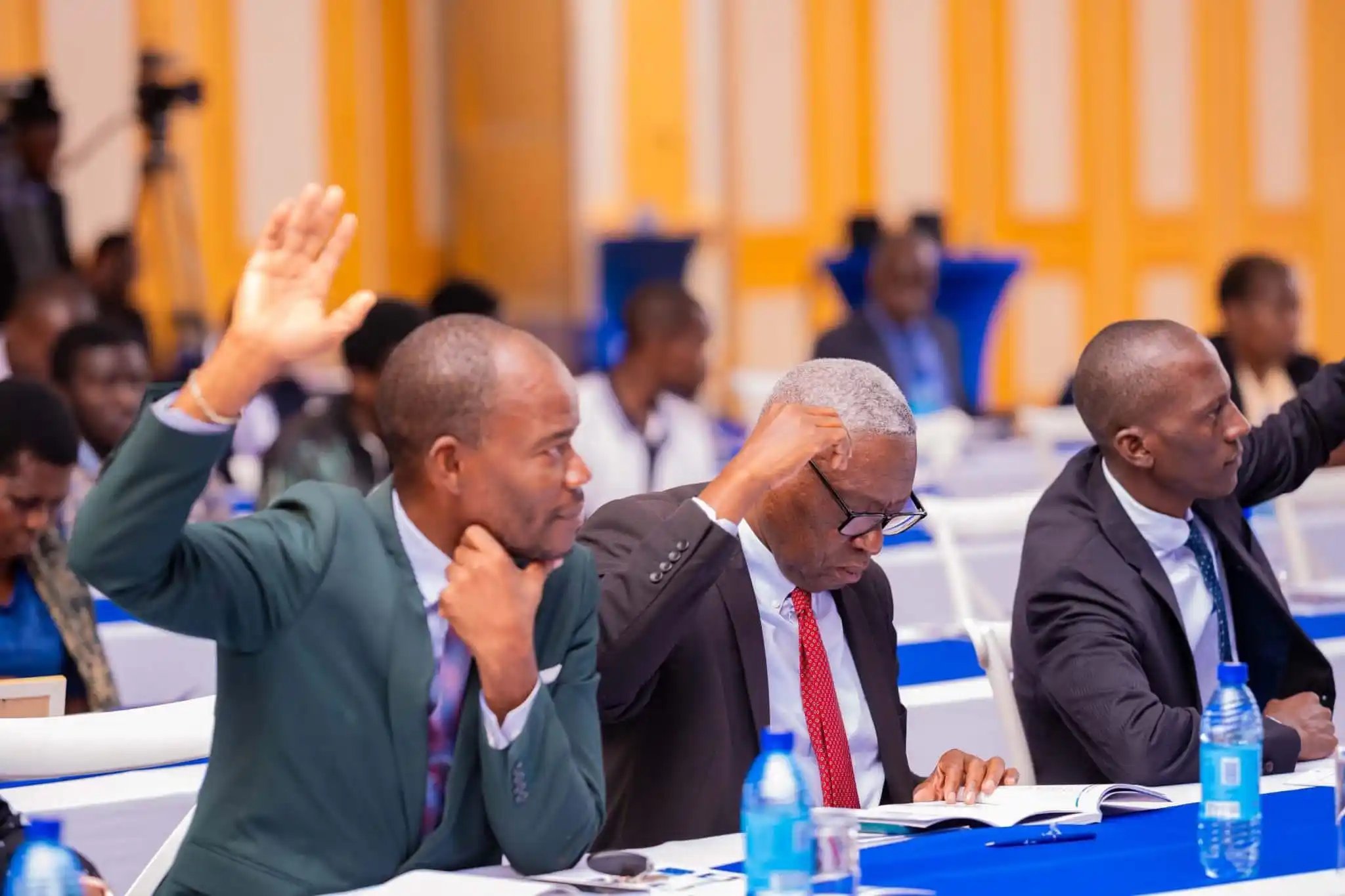In an extraordinary joint statement, former Presidents Bakili Muluzi, Joyce Banda, and Peter Mutharika have called on the Malawi Electoral Commission (MEC) to urgently revisit its decision to use Smartmatic, the controversial election management technology provider, for the 2025 General Elections.

The call comes amid growing public unrest over the handling of voter registration and election preparedness, with mounting concerns that the use of Smartmatic could compromise the integrity of the upcoming polls.
The former leaders, who represent a broad cross-section of Malawi’s political history, have demanded that MEC reconsider its decision to adopt the Smartmatic system, citing widespread distrust and questions surrounding the technology’s transparency and effectiveness. Their statement follows weeks of protests and increasing opposition dissatisfaction with the electoral process.
A Call for Electoral Integrity
In their statement, the three former presidents said the decision to use Smartmatic has caused considerable public outcry, with many questioning the transparency of the system. “The use of Smartmatic in the upcoming elections is a matter of grave concern,” said the joint statement, released on November 15, 2024. “There are legitimate concerns that the system could be manipulated or fail to deliver credible results. Given the high stakes of the 2025 elections, we urge the Malawi Electoral Commission to review this decision in the interest of ensuring free, fair, and transparent elections.”
The call from Muluzi, Banda, and Mutharika echoes growing fears within both the political and civil society sectors that Smartmatic’s involvement could undermine the legitimacy of the electoral process. Opposition parties and civil society groups have raised alarms over the opacity of the agreement between MEC and Smartmatic, which they argue has not been subject to sufficient scrutiny or public debate.
Trust Deficit and Voter Confidence
The former leaders also linked the Smartmatic controversy to broader concerns about voter registration. They argued that the decision to proceed with Smartmatic, combined with the ongoing challenges in voter registration—specifically the National Registration Bureau’s (NRB) failure to issue ID cards to eligible citizens—has led to a “crisis of confidence” in the electoral system.
“The National Registration Bureau must immediately comply with the court ruling mandating its presence at all registration centers and ensure that every eligible citizen receives their Nzika [citizenship] card without delay,” the statement read.
This failure has resulted in widespread voter suppression, especially in rural areas, where many eligible voters still lack the necessary documentation to register. With fewer than five months left until the elections, many fear that the delays in issuing voter IDs could disenfranchise large swathes of the electorate, particularly young voters and first-time voters.
Lack of Transparency and Accountability
The Smartmatic deal has raised eyebrows due to its lack of transparency. The decision was made despite widespread skepticism regarding the company’s track record in other African countries. Critics argue that the absence of a clear, public explanation of the contractual terms, along with the lack of independent oversight, is undermining trust in the electoral process.
A source within the opposition political parties, who spoke on condition of anonymity, expressed frustration over the lack of meaningful engagement by MEC on this issue. “Smartmatic was chosen without proper consultation or explanation. The public deserves to know how this decision was made and why it was chosen over other options,” the source said.
The absence of clear answers about the terms of the contract has fueled suspicions about the motivations behind the deal, with some accusing the electoral commission of working in tandem with the government to rig the elections in favor of the ruling party.
Growing Political Pressure and Public Unrest
The controversy surrounding the Smartmatic deal, combined with the failure to ensure universal voter registration, has fueled growing unrest ahead of the elections. The opposition, civil society groups, and ordinary citizens have been vocal in their concerns, with several protests held in the past month.
On November 13, 2024, opposition parties organized a protest in Lilongwe to voice their dissatisfaction with the MEC and NRB’s handling of the electoral process. The peaceful demonstration turned violent when armed individuals allegedly affiliated with the ruling Malawi Congress Party (MCP) attacked protestors. The police, who were present at the scene, failed to intervene, leading to further accusations of partisan behavior by the security forces.
The former presidents, in their statement, condemned the violence, calling it “an assault on democracy,” and called for the immediate prosecution of those responsible. But they also linked the violence to the broader political climate, which they say has been exacerbated by the electoral mismanagement.
Calls for Reform and Accountability
Beyond the demand for MEC to revisit its decision on Smartmatic, the former leaders have called for the government to address the systemic issues that have led to the electoral crisis. They have specifically urged President Lazarus Chakwera and the ruling Malawi Congress Party (MCP) to publicly distance themselves from the violence and ensure that such acts do not go unpunished.
Furthermore, they have called for greater accountability from MEC and NRB, urging both institutions to address the concerns raised by opposition parties and civil society. “It is crucial that these institutions act in the best interests of the Malawian people and ensure that the 2025 elections are conducted in a manner that is transparent, free from manipulation, and free from any form of voter suppression,” the statement concluded.
The Way Forward: A Call for Electoral Reform
As the 2025 General Elections draw closer, the pressure on MEC and the government to restore public trust in the electoral process is intensifying. With political tensions running high and the electorate increasingly disillusioned with the current system, the demand for reform is louder than ever.
It is clear that Malawi is at a crossroads. If the government and electoral institutions fail to address these concerns and take concrete action to ensure a fair and transparent election, the consequences could be far-reaching. A breakdown in electoral integrity not only risks the legitimacy of the 2025 elections but also threatens the very foundations of Malawi’s democracy.
The call for a review of the Smartmatic deal is just one part of a larger, urgent demand for electoral reforms that must be acted upon swiftly. The time for transparency, accountability, and meaningful reform is now. For the sake of the nation’s democracy, the government must take immediate steps to address the concerns raised by the former presidents and all stakeholders involved in the electoral process.







0 Comments